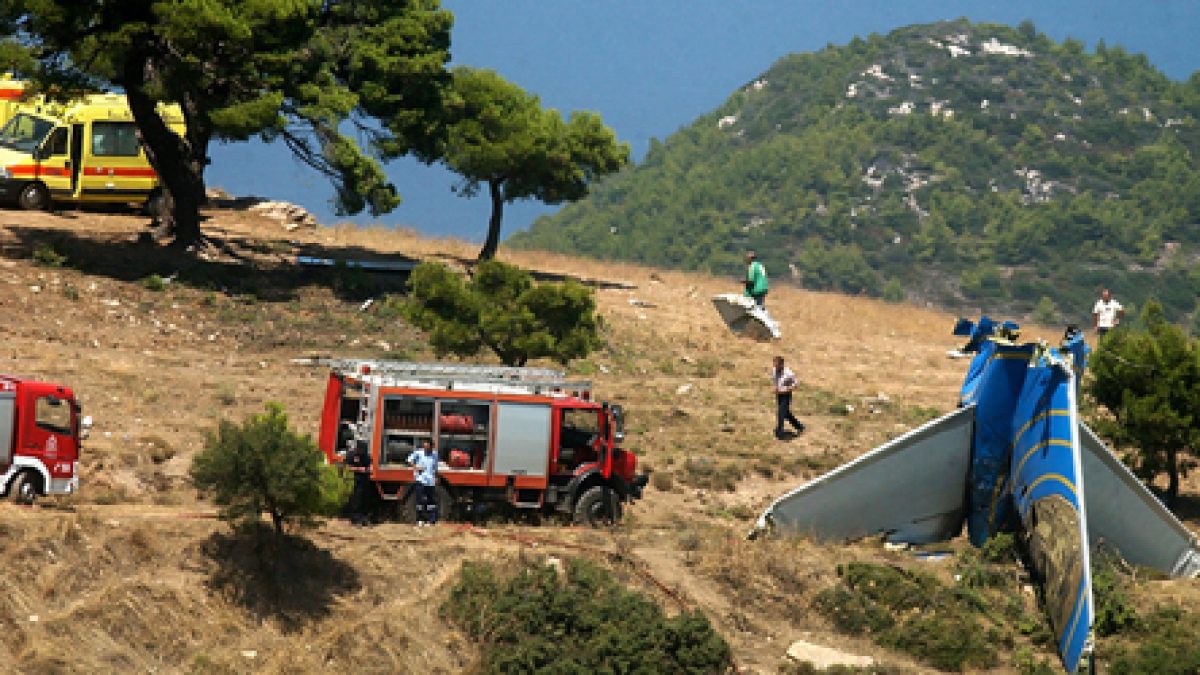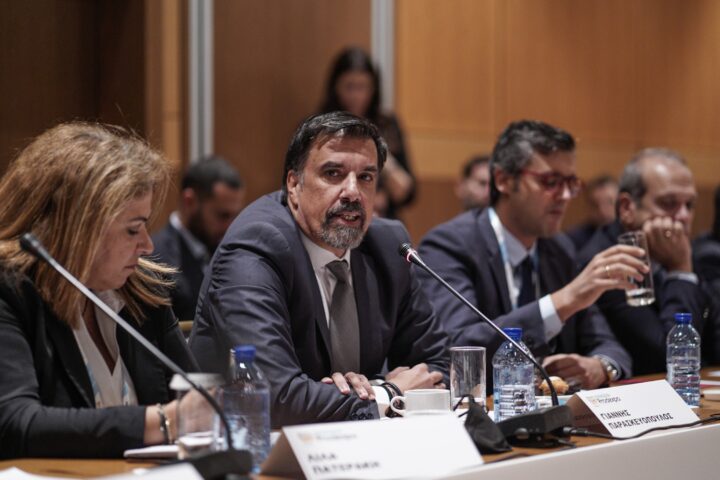Seventeen years have elapsed since the Helios Airways tragedy, the worst airline disaster in Greek and Cyprus history, when 121 people, mostly Cypriots going on holiday, including 22 children, were killed.
Member of the Committee of Helios Relatives, Sotiris Soteriades, told CNA that a memorial service would be held on Sunday at the chapel of Theotokos in Grammatikos, Greece, where the plane crashed.
A small number of relatives will attend the memorial, while services will also be held in Cyprus by families of the victims.
Wounds remain open, said Soteriades, as families were lost in the crash, and those that stayed behind were scarred forever.
“These days, the relatives relive the 2005 drama.
“They remember the moments when they had to identify the victims.
“They went to Athens to try to identify their loved ones, but for many, it was an impossible and painful experience”.
No justice
The relatives, he added, feel there has been no vindication for what has happened because routine checks were not performed during the flight, and mistakes resulted in the tragedy.
“No relative feels that responsibilities were apportioned.
“Those in charge essentially bought off their sentence by paying ridiculous amounts to the Greek justice system.”
Flight 522 of Cypriot airline Helios Airways departed at 9:07 am on August 14, 2005, from Larnaca International Airport to fly to Prague with a stopover at Athens International Airport.
En route from Larnaca, the plane lost contact with Nicosia air traffic control shortly before it entered Greek air space.
Two Greek F-16 fighter jets were sent to intercept the plane after it failed to respond to Athens’ control tower calls.
Mystery flight
They saw the captain’s seat empty, the person in the first officer’s seat slumped over the controls, and three passengers visible were motionless, wearing oxygen masks while other masks were dangling from overhead units.
The only movement witnessed by the F-16 pilots was junior steward Andreas Prodromou, who had managed to open the bulletproof cockpit door and attempted to take control of the Boeing 737.
Clutching a portable oxygen mask, he was heard calling “Mayday”.
The plane was on autopilot, circling over Athens and with a fuel capacity to fly only up to three hours.
Just after midday, the aeroplane crashed into a hillside near the village of Grammatiko, 25 miles from Athens, five miles northeast of the Athens airport “Eleftherios Venizelos”, killing everyone on board.
On February 2, 2013, a Court of Appeals in Athens convicted three of the four defendants in the Helios air disaster.
Helios director Demetris Pantazis, flight operations director Andreas Kikkides and chief pilot Ianko Stoimenov were found guilty of manslaughter with deliberate negligence, a misdemeanour.
Chief engineer Alan Irwin, the fourth defendant, who had checked the aircraft before the doomed flight, was found not guilty.
The three executives were given the option to pay €73,000 each instead of serving their 10-year jail sentence, which they did.
The case before the Nicosia Assize Court in Cyprus was suspended following the Athens ruling.
As a result, all charges were dismissed, and the defendants acquitted.










